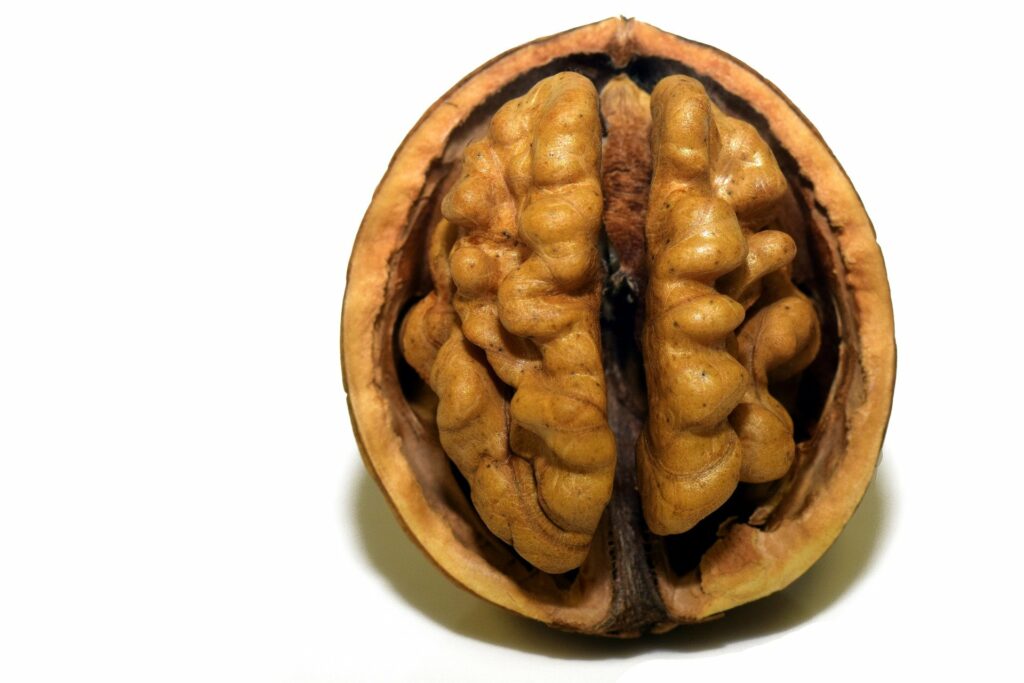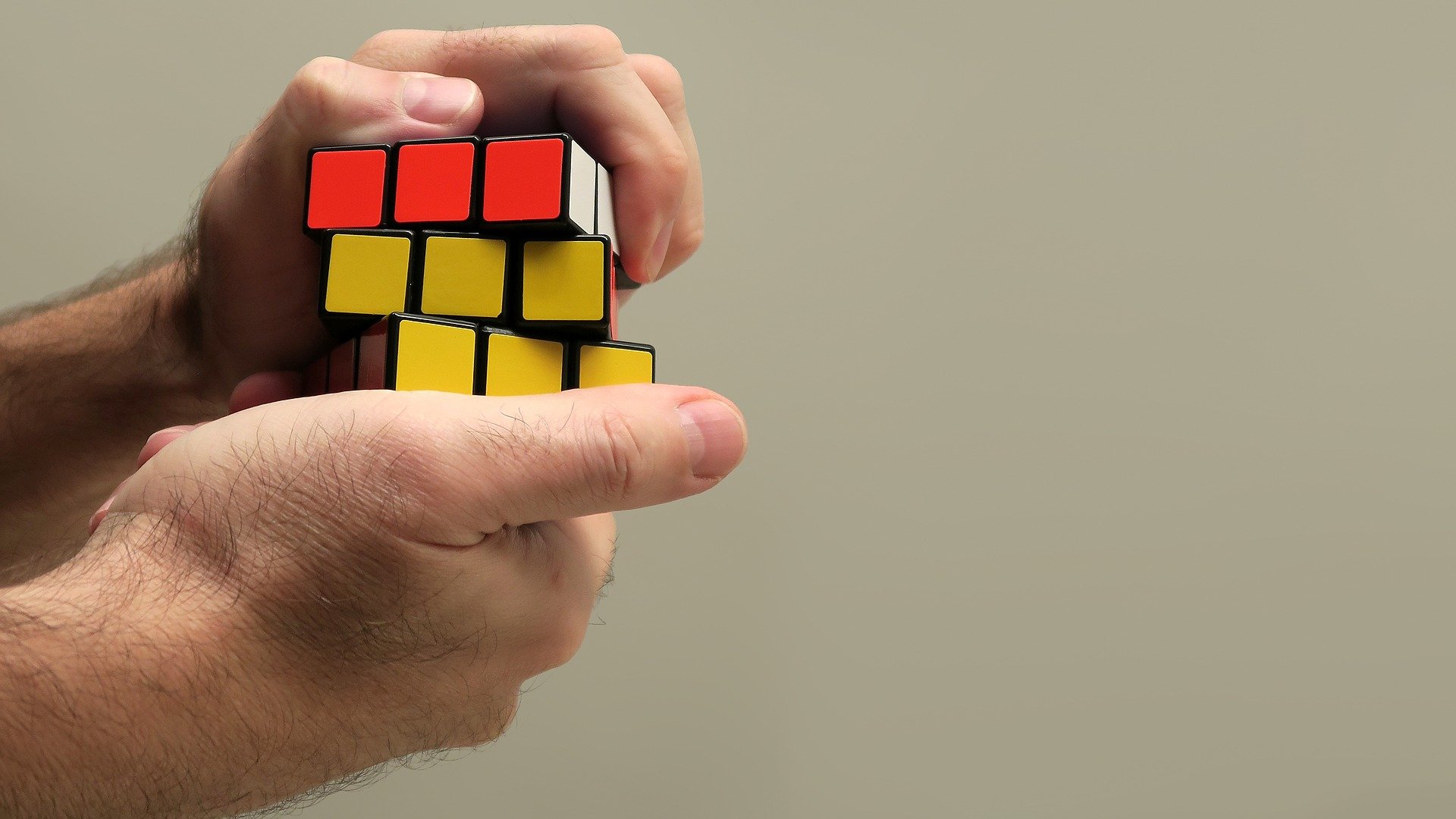Life Blog
Cutting-edge information and tips for creating health in all areas of life – wellness, nutrition, fitness, attitude, and relationships

February 12, 2026
How Personal Growth and Healthy Habits Strengthen Your Marriage and Your Health
It’s easy to feel like a failure when you’re stuck in an unhappy marriage. When the relationship that’s supposed to feel safe and supportive feels heavy instead, discouragement can creep in quickly. Over time, that weight can leave you feeling helpless, hopeless, and questioning whether it’s even worth trying anymore. And when that happens, it’s easy to give up—not just on the marriage, but on yourself. Instead of taking charge of the situation, the situation starts taking charge of you. Personal growth and transformation are essential to a healthy, thriving marriage. When you feel emotionally drained or defeated, it affects how you show up for your spouse. But when you begin taking responsibility for your own growth, everything shifts. You become more self-aware, more present, and more intentional—qualities that naturally strengthen your marriage. You can either control yourself or be controlled by your environment. Studies show that people who practice self-control tend to be more forgiving and experience more stable relationships. Self-control helps you recognize your needs and respond to stress without taking it out on your spouse. Many marital conflicts escalate not because of the issue itself, but because emotions go unchecked and conversations turn reactive. If you want to transform your marriage, focus more on developing yourself through positive habits and beliefs instead of trying to change your spouse. Marriage, Health, and Well-Being Healthy marriages don’t just support emotional connection—they support overall health. Research from Harvard’s long-running Study of Adult Development found that strong, supportive marriages and long-term…
4 Foods That Sharpen Focus and Concentration
We live in an age of distraction and overwhelm. It seems everything and everyone is competing for our attention and mental bandwidth. In fact, experts estimate we’re bombarded with 5, 000 to 10,000 ads daily. And that’s not including everyone who comes into our lives wanting or needing something, spreading us way too thin. If…
Learn More5 Ways To Solve Problems Better
Every day brings challenges and situations that trigger various thoughts and emotions within us. Some are easy to deal with and let go. However, some are difficult to experience and face, like relationship issues or the loss of a job. 20th century philosopher of science, Karl Popper, once said, “All life is problem solving.” Problem…
Learn MoreHow To Stick With Your Health & Fitness Resolutions In 2021
January ushers in a fresh start; out with old in with the new! We dream about the things we want to have, be, or do. We vow that things will be different this year so we create ambitious plans to make our dreams come true. According to surveys, most people give up on their resolutions…
Learn More5 Reasons Whole Foods Are Better
We hear a lot about “whole foods” these days. Eating less processed foods and more whole foods is healthier for us. A whole food is any food that remains in its natural form, free of any artificial additives, preservatives, or other man-made ingredients. Examples include fruits and vegetables. Processed foods are stripped of their natural…
Learn MoreAchieve Your Fitness Goals in 2021
According to research, most people quit their New Year’s resolutions about the third week of January. For some reason, that fiery inspiration fades fast. We’ve all been there. Take fitness, for example. The gym is packed at the beginning of January, but not so much by the end. Sound familiar? Why do people give up…
Learn More5 Ways To Start Practicing Self-Care In 2021
There’s a lot a talk about “self-care” these days. All it means is that you take time to look after your physical, mental, spiritual, and emotional wellness. It’s hard to enjoy life if you don’t love yourself enough to care for your needs. Many people do a pretty good job taking care of others but…
Learn MoreThe Gift of Fearlessness
Fear is a parasite that feasts on your hope and dreams. Whether it’s the fear of loss, missing out on something, or the fear of rejection, fear drains your soul of life and joy. Fear paralyzes. How much does fear rule your life? Is it turning you into a person you don’t like? Is it…
Learn MoreInvest in YOU and Your Personal Development in the New Year
2020 is almost over. It started pretty well, didn’t it. We made our resolutions and watched the fireworks light up the January sky, but then things went downhill pretty fast after that. The next thing we knew, the World Health Organization declared the COVID-19 pandemic, leaving us with no choice but to stay in quarantine…
Learn MoreWhat is “Major” Depression
Depression is a mood disorder that causes feelings of despair and lack of interest. There are varying degrees of depression from mild, to temporary episodes of sadness, to severe, persistent depression. The most severe form of depression is major depression, also known as clinical depression or major depressive disorder. It can affect people of any…
Learn MoreExercise and the Brain
Exercise benefits every aspect of our health. It works for weight management, boosts energy, and builds a healthier heart (not to mention you’ll look better and have more confidence.) But exercise benefits more than just the body; it’s good for the brain and improves cognitive function; a fit body generally leads to a fitter mind….
Learn MoreStop Beating Yourself Up! Why You Should Be Thankful For YOU This Thanksgiving
Think about it for a second…how long do you beat yourself up for a mistake or wrong decision? How long do you punish yourself for taking the wrong path? Does getting down on yourself make things any better? No. It only fills your life with misery and frustration, maybe even bouts of depression. And while…
Learn MoreHow To Be More Productive
Don’t you like to get things done? Yes, of course, because being productive makes you happier. Sometimes it’s easy to fall into the habit of spending time on wasteful activities, fooling ourselves that being busy is being productive. But all it does is keep you stuck and slow down your productivity. The goal of productivity…
Learn More











